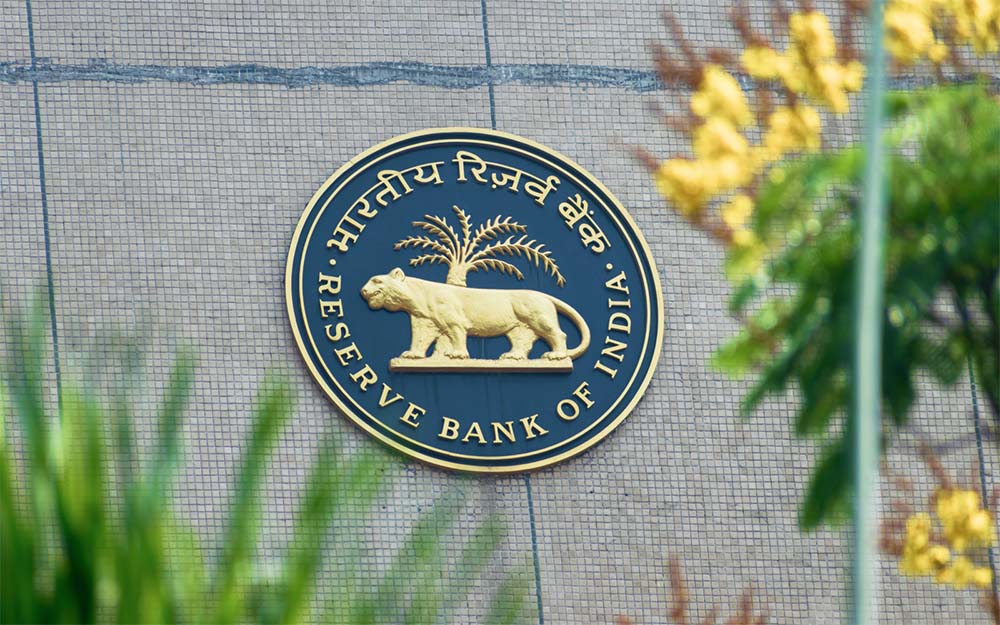Mumbai — Reserve Bank of India (RBI) Deputy Governor M Rajeshwar Rao called on the microfinance industry to shed exploitative practices and adopt a developmental, empathetic model of financial inclusion. Speaking at HSBC’s financial inclusion event in Mumbai last week, Rao described the sector as being caught in a “vicious cycle of over-indebtedness, exorbitant interest rates, and coercive recovery tactics,” which risk derailing the progress made in inclusive finance.
Despite playing a pivotal role in broadening access to credit in underserved regions, the microfinance industry (MFI) in India, Rao warned, is increasingly marked by systemic stress and borrower distress. His address signals a broader push by the RBI to reshape the industry’s operational ethos and regulatory outlook.
Systemic Abuses: Over-Indebtedness, Harsh Recovery, and Exploitation
Rao highlighted that many microfinance institutions, even those with access to low-cost capital, were charging unjustifiably high interest margins, pushing borrowers deeper into debt. “Even lenders having access to low-cost funds have been found to be charging margins significantly higher than the rest of the industry,” he remarked, calling the practice both unethical and economically counterproductive.
Further, he criticized coercive collection methods, warning that in several instances, these have led to “tragic consequences” for vulnerable borrowers. “Microfinance must not be viewed merely as a high-yielding business,” Rao stated. “It needs to be approached with an empathic and developmental perspective.”
He urged regulated entities (REs) to introspect on their internal incentive structures, which often prioritize short-term recovery metrics over borrower well-being. “A sound business model can still produce flawed outcomes if the institutional structure and incentives are misaligned,” Rao added.
FCRF x CERT-In Roll Out National Cyber Crisis Management Course to Prepare India’s Digital Defenders
Regulatory Overhaul and Ground-Level Gaps
Rao’s comments come in the wake of RBI’s March 2022 regulatory overhaul of the microfinance framework. This included the imposition of interest rate ceilings, a cap on repayment obligations, and enhanced consumer protection norms. Despite these reforms, ground-level implementation appears to have fallen short.
Rao noted that frequent disruptions in the microfinance space—often due to borrower over-leveraging and recovery abuses—pose a risk to India’s broader financial inclusion mission. He emphasized the importance of strengthening credit appraisal mechanisms, early detection of over-indebtedness, and eliminating unethical recovery practices.
He also addressed the critical role of financial literacy, cautioning that access without awareness would result in “underutilization and greater risk of fraud.” To this end, the RBI has mandated standardised Key Fact Statements (KFS) for all retail and MSME loans, aimed at improving transparency and borrower understanding.
Beyond Inclusion: Toward Fair, Transparent, and Tech-Driven Finance
In his forward-looking remarks, Rao pointed to emerging technology platforms—such as the Account Aggregator (AA) framework and the Unified Lending Interface (ULI)—as potential game-changers in reducing credit asymmetry. These tools, combined with alternative data sources like land records and satellite imagery, could significantly improve credit access for previously excluded populations.
He also warned of rising customer grievances, noting a 33% increase in complaints to RBI Ombudsman offices in FY23-24. These ranged from mis-selling of financial products, such as insurance, to aggressive marketing of unsuitable credit lines. Rao hinted that RBI may consider issuing fresh guidelines to curb such practices.
Importantly, Rao reframed financial inclusion not as charity, but as a strategic economic investment. “Those who remain outside the ambit of formal finance today represent untapped potential,” he said, emphasizing their role in driving future economic growth.



